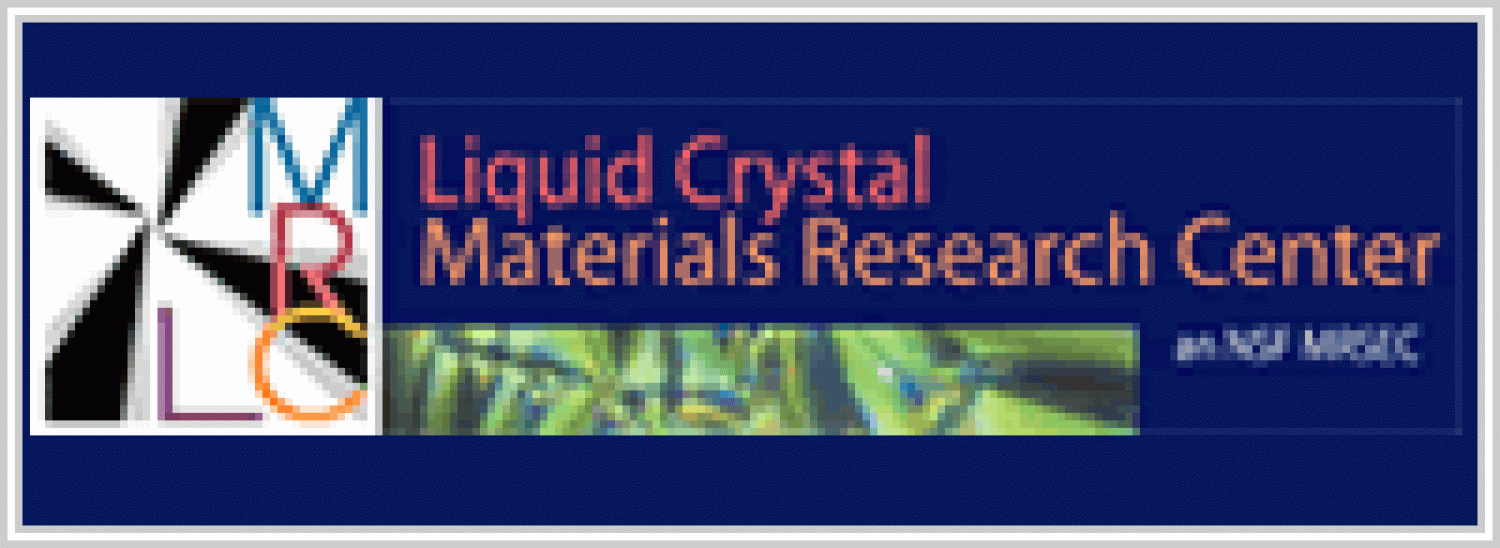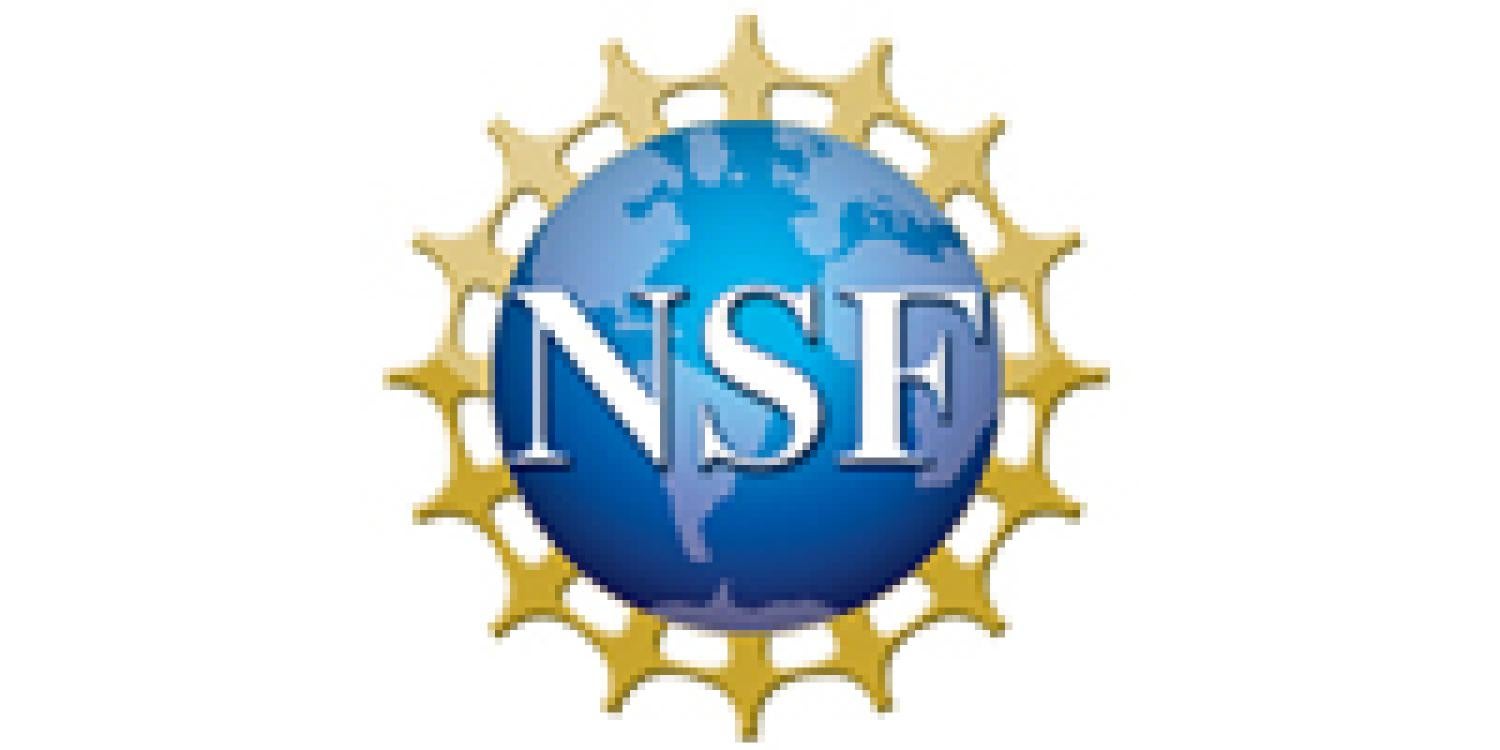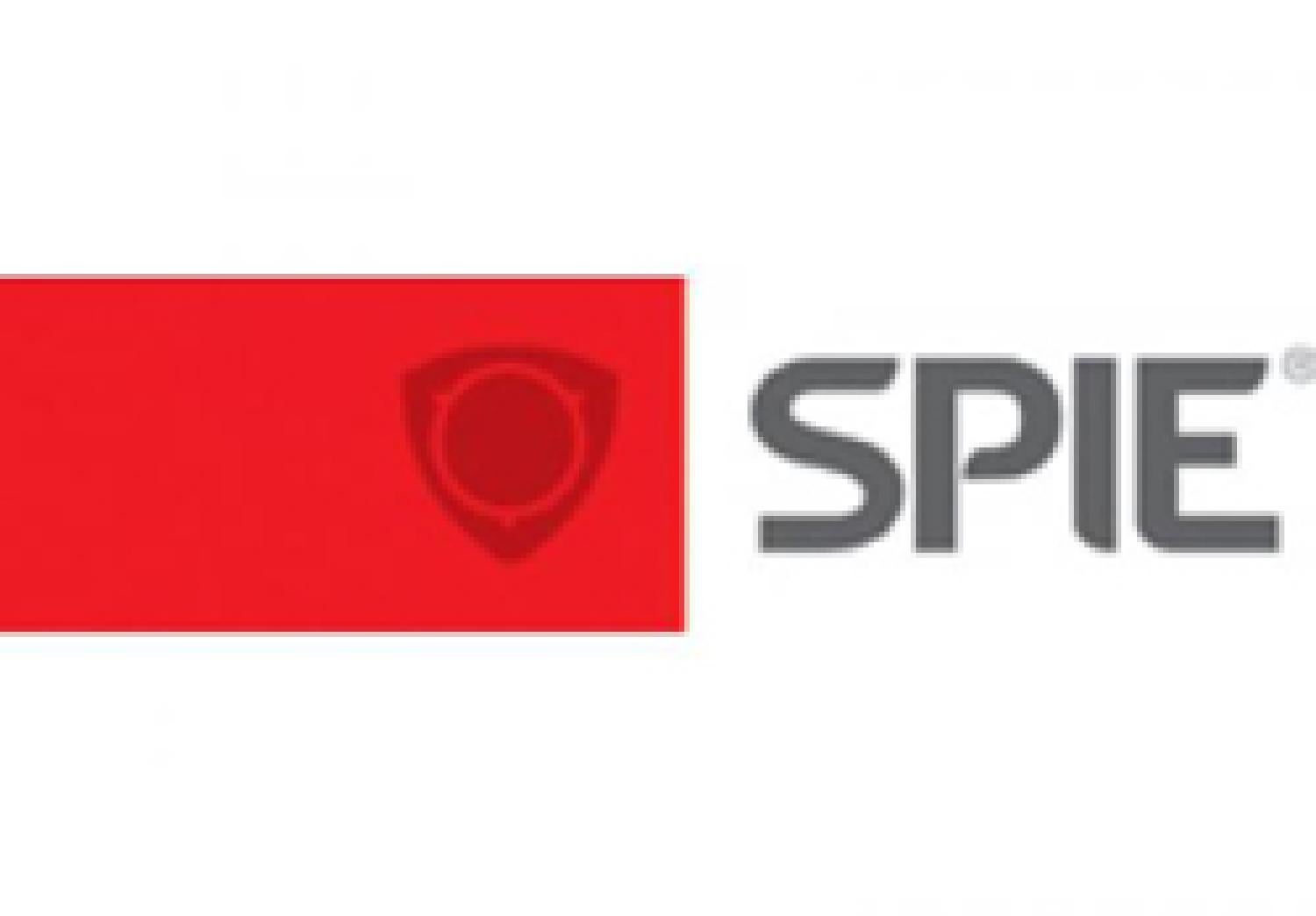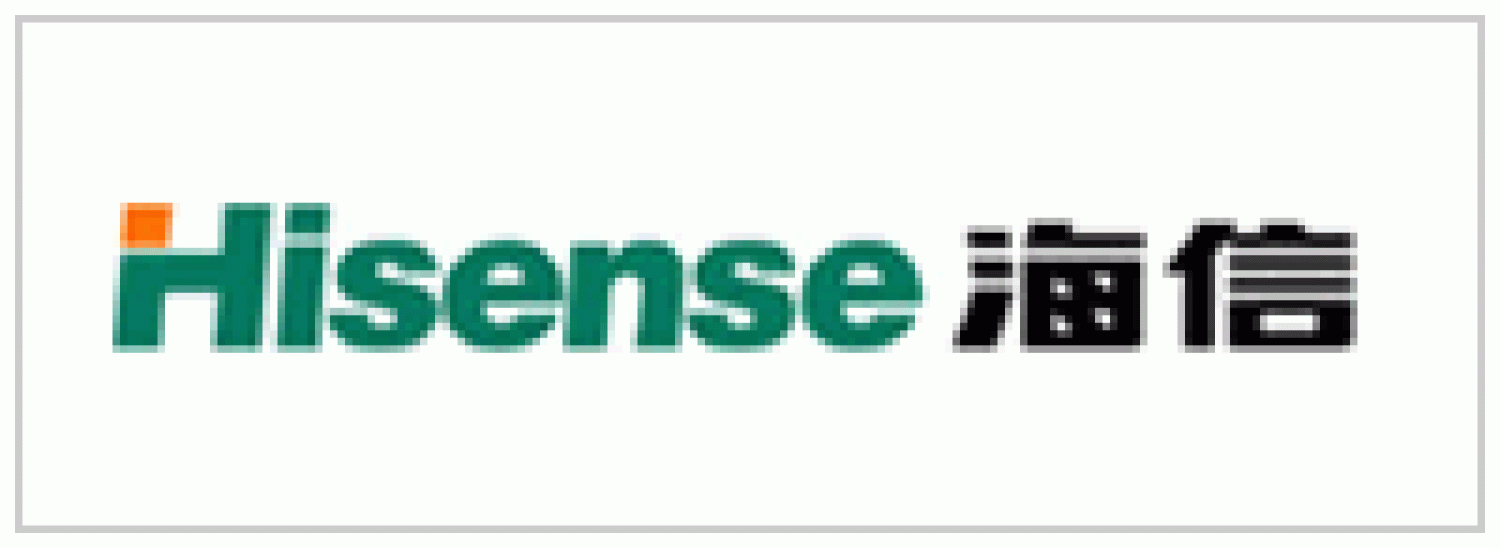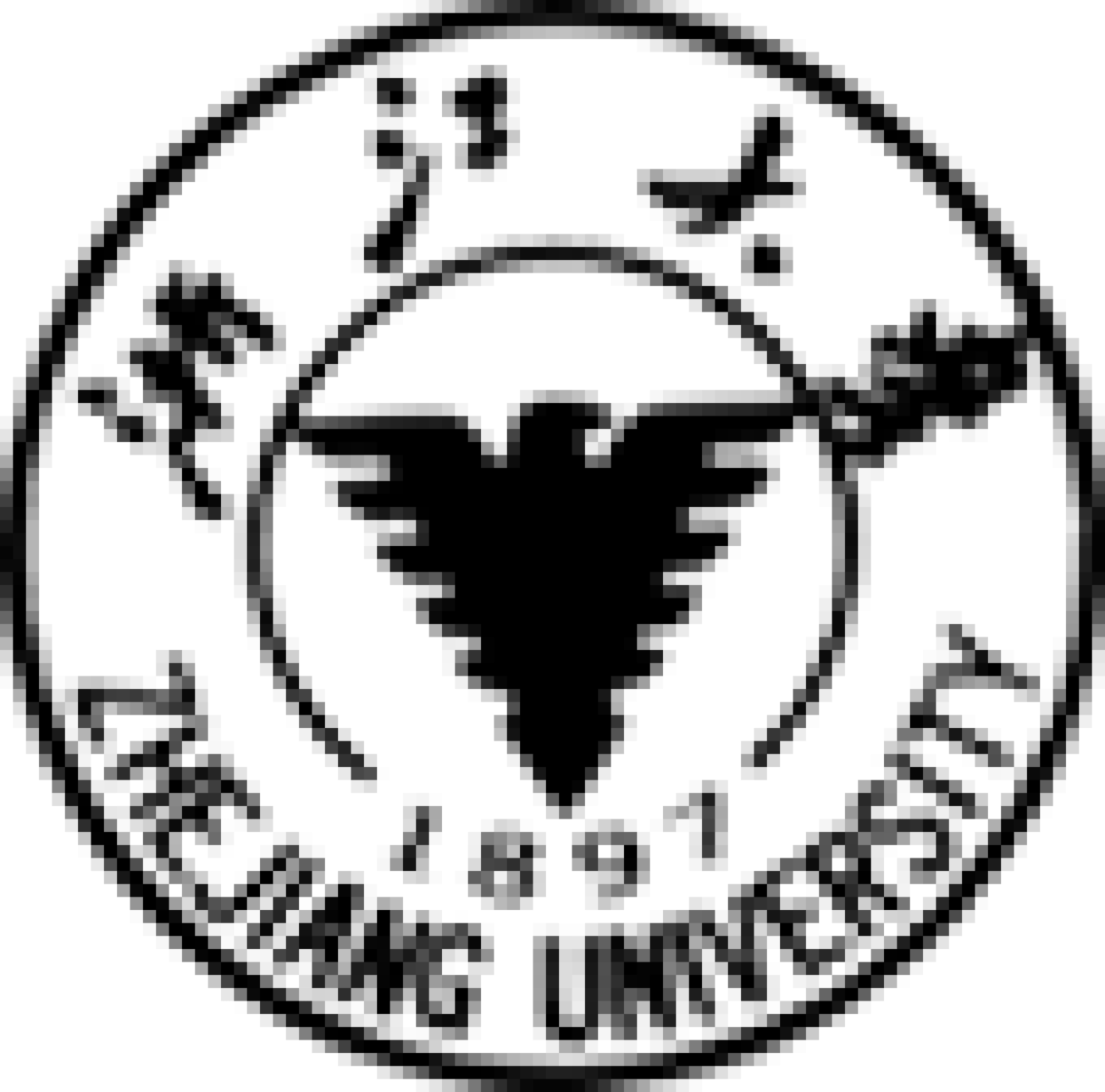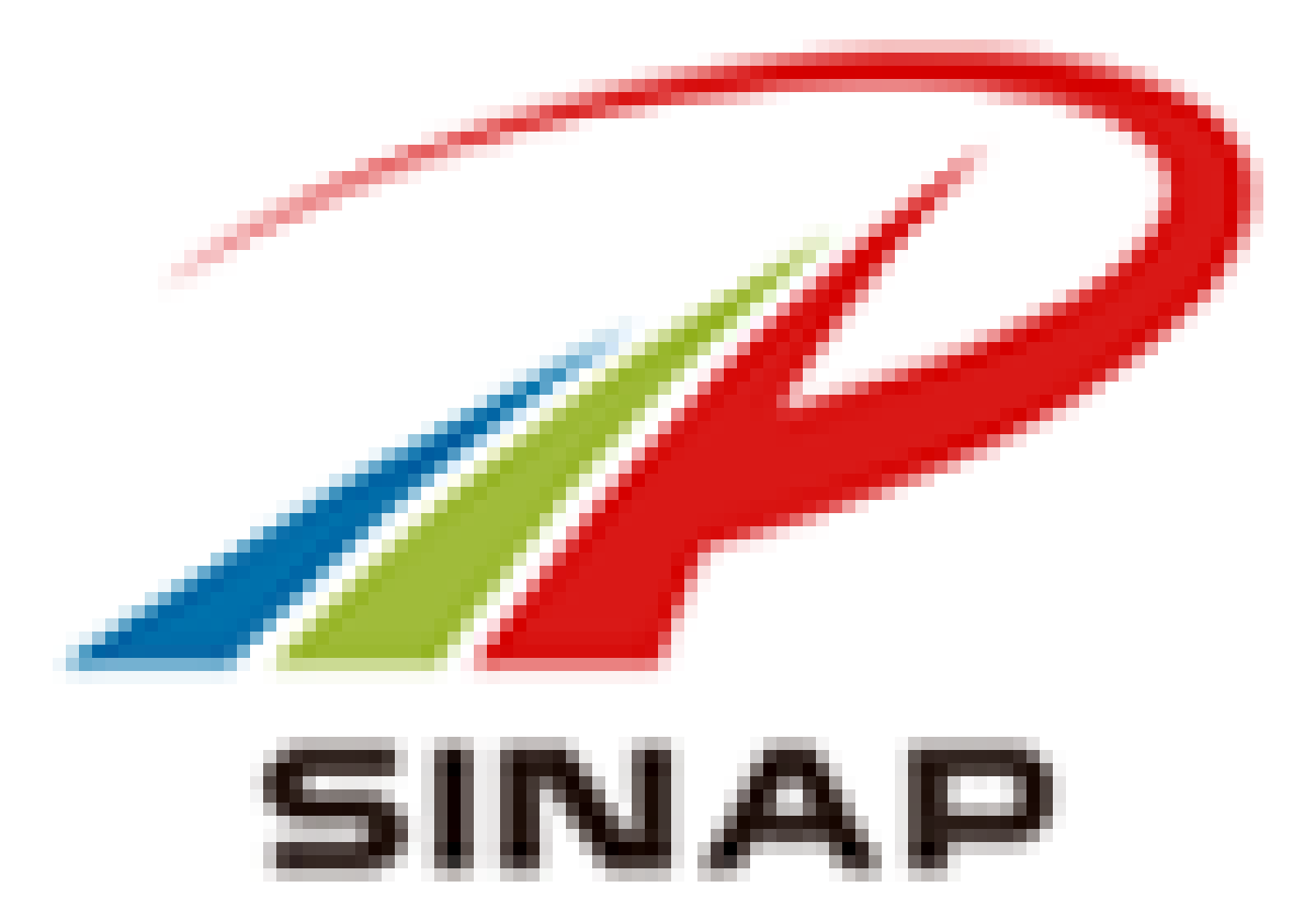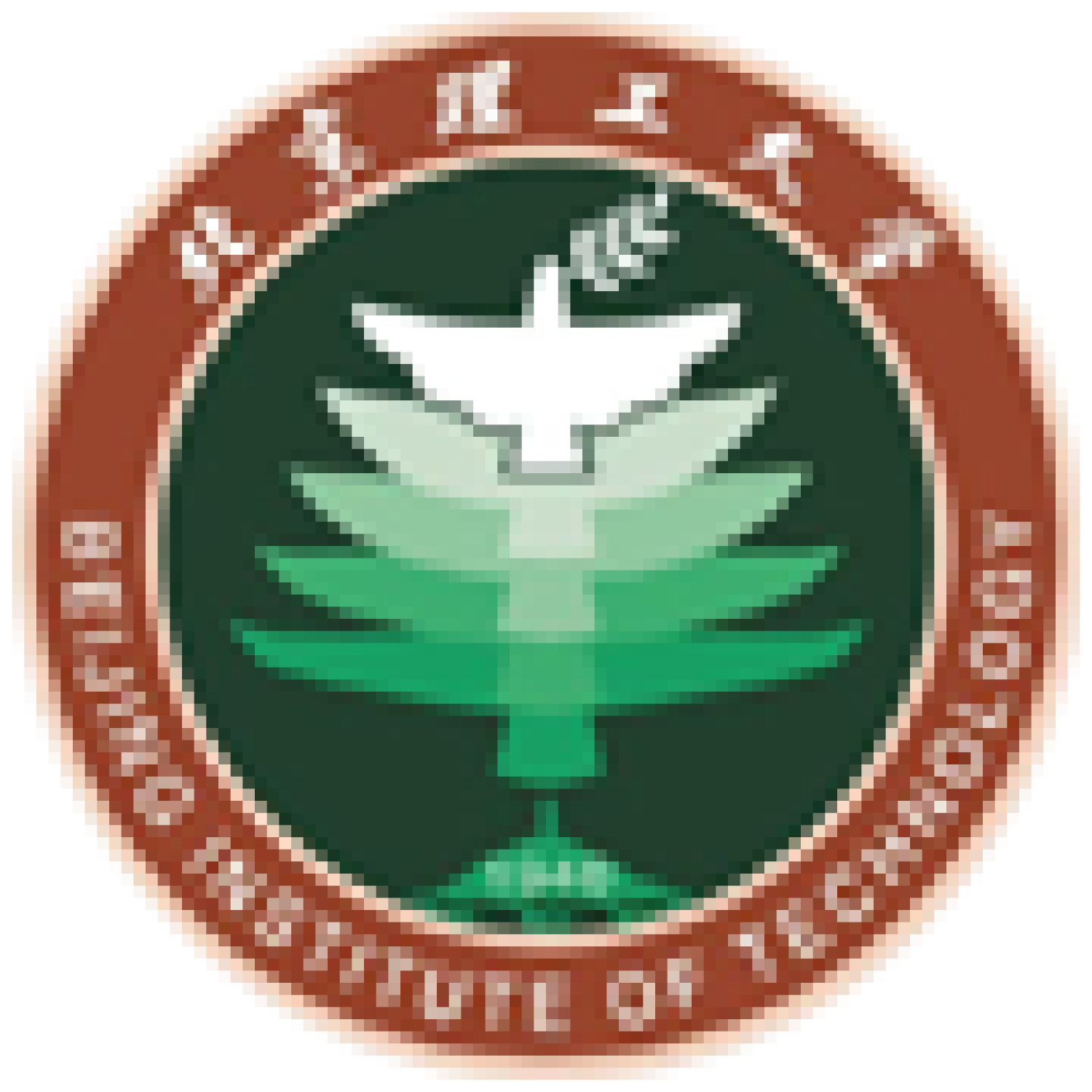Early Career and Outreach Forum
The I-CAMP•09 summer school will be held in conjunction with an Outreach Forum, which will allow the researchers to share their experience and advances not only in research but also in conducting outreach and disseminating scientific knowledge. All outreach-related lectures will be completely open to public and advertized as such. The industrial partners will be asked to exhibit their products during the breaks and poster sessions. There will be no required registration fee to participate in the outreach and early-career parts of the I-CAMP Summer School Program in order to promote participation by young scientists and general public.
Outreach Forum Lectures
Liquid Crystal Mood Patches: Presentation & Hands-On Experience
Stephen Jacobs, University of Rochester, USA
Laser Tweezers: Moving Thins Without Touching
Ivan Smalyukh, University of Colorado at Boulder, USA
What Should You Know Besides Your Research to Become a Successful Professor?
Douglas K Duncan, University of Colorado at Boulder, USA
Delivering Good Scientific Presentations
Richard Youngworth, Light Capture, Inc., USA
Student experiences
The I-CAMP summer school’s environment allowed not only formal lectures from professors, which would have been educational in itself, but I-CAMP also allowed for informal discussions with professors. I had several opportunities to chat with lectures such as Harry Coles from Cambridge. We spoke about my research and he even gave me helpful tips from his experience. At first I underwent culture shock when I arrived, but I quickly adapted to the hustle and bustle lifestyle of the Chinese. We joked that under every restaurant there was a zoo of animals from which to choose from for dinner. I tried a plethora of animals including snake, octopus, scorpion, pigeon, and donkey. I was very grateful for the sightseeing activities incorporated into the I-CAMP schedule. I got to see sights that I dreamed of seeing since I was a kid. My favorite places were the Great Wall and the Olympic Park in Beijing where I saw the Bird Nest and the Water Cube, the main stadiums for the 2008 Olympic Games. I-CAMP with its combination of education, culture, and travel is schooling done right. I didn’t know learning about light and matter could be so adventurous. I hope next year that all students interested in optics, photonics, and material science will apply for the 2010 I-CAMP.
— Dennis Gardner
The ICAMP summer school was a great way to see the bigger picture of photonics and metamaterials since we had lecturers talking about everything from synthesis of small molecules for discotic liquid crystals to using metamaterials to make an invisibility cloak. The overriding theme of the school was controlling light, but the diversity of approaches from 3-D laser etching to carbon nanotubes was amazing. It’s fascinating to learn about the broad applications of nanoparticles in organic solar cells, targeted cancer therapy, and atomolar DNA detection systems. While lectures on the synthesis and functionalization nanoparticles gave me useful ideas for my own research. Visiting China for the first time and meeting people from around the world was amazing. I enjoyed meeting distinguished professors like Phillip Russell, inventor of Photonic crystal fibres, and Harry Coles, who made a blue phase stable from 60 to -20 Celsius as well as fellow aspiring researchers from across the globe. Seeing China firsthand gave me a much better understanding of the history and culture. The constant bargaining over price was always fun and the food was amazing.
— Julian Evans
The concept of an inter-continental summer school for advanced materials and photonics is tempting in its idea form itself but I found its beautiful execution and impeccable implementation in China during the summer of 2009. There can be few better ways to spend one’s summer learning about the most advanced research in the areas of one’s interest while imbibing a great foreign culture. The academic benefits of the summer school can hardly be overstated. Learning about advancements in fields varying from solar cells to metamaterials to carbon-nanotubes gave a broad exposure to a graduate student like myself. Some of the topics immediately resonated with my personal research interests like the lectures given by Prof. Lim, who elucidated upon many of my questions on coherent anti-Stokes Raman scattering (CARS) microscopy and imparted insights into some of the subtler aspects involved therein. For someone like me, who has used a photonic crystal fiber (PCF) for one particular non-linear application, the talk by Prof. Philip Russel on the multitude of applications of different types of PCFs and the novel kinds of experiments that can be done using them (e.g., guiding a particle through the core of a hollow-core PCF) was illuminating. The talk by Prof. Srinivasrao was inspiring in bringing forth the realization that nature has a lot of hidden beauties and the study of origins of colors of moths and beetles involves beautiful and unexpectedly new physics. The freedom with which one could ask questions candidly to the speakers was an important factor that made the talks all the more useful to students coming with different backgrounds. There would always be the wonderful opportunities to talk to the speaker informally during the dinners and bus-rides and let them expound on certain aspects of individual interest from the talks. We enjoyed our time outside the lecture halls as much as inside them. The trips to the Great Wall, the Forbidden City, the Olympic stadium etc. were in no way less responsible in making the trip memorable as the talks were. The local organizers and battalion of volunteers were always there to guide in the smallest of the matters like hailing a taxi – especially useful to students like me who did not know a single word of Mandarin before going to China, and my thanks can never be enough for their ever-enthusiastic help. It’s all this and much more that has made the summer school one of the unforgettable events I’ll recall sweetly when looking back at my graduate-student life.
— Rahul Trivedi
Early Career Program Features
EARLY-CAREER Panel Discussion: “Milestones of Scientific Careers in Academia, Industry, National Labs & Beyond”
Discussion Moderator: Joe MacLennan, Univ. of Colorado at Boulder, USA
Panel Members: Daniel Cox, Univ. of California at Davis and the International Institute for Complex Adaptive Matter, USA; Tom Furtak, Colorado School of Mines, USA; Satyendra Kumar, Kent State Univ. & the National Science Foundation, USA; Sergio Restaino, Naval Research Laboratory, USA; Dave Walba, Univ. of Colorado at Boulder, USA; Rachel Pei Chin Won, Nature Publishing Group, Japan; Richard Youngworth, Light Capture, Inc., USA"Careers in Academia, Industry, National Labs, & Beyond: Job searching, CV writing, and Interviewing," Cori Shaff, Career Services, University of Colorado at Boulder, USA
- Graduate students and postdocs are strongly encouraged to attend and present at the workshop.
- Up to 20 travel/participation fellowships are available to defray participation-related expenses of young scientists.
- We will strive to provide inexpensive housing for the junior scientists participating in the I-CAMP summer school.
- A special Career Development Program for early-career scientists is planned (including presentations on CV writing & job searching skills).
- Best Student Poster Presentations Prizes will be awarded.
- Students and postdocs at the organizing institutions in China and USA will be actively involved in organizing the summer school.
- We will hold three poster sessions (one per each week/topic of the school) & will strive to provide an ideal setting for interactions between senior & junior scientists.
- We strongly encourage the workshop participants to develop collaborations and take advantage of the ICAM-I2CAM exchange awards in order to pursue research projects related to the topics of the I-CAMP summer school.


